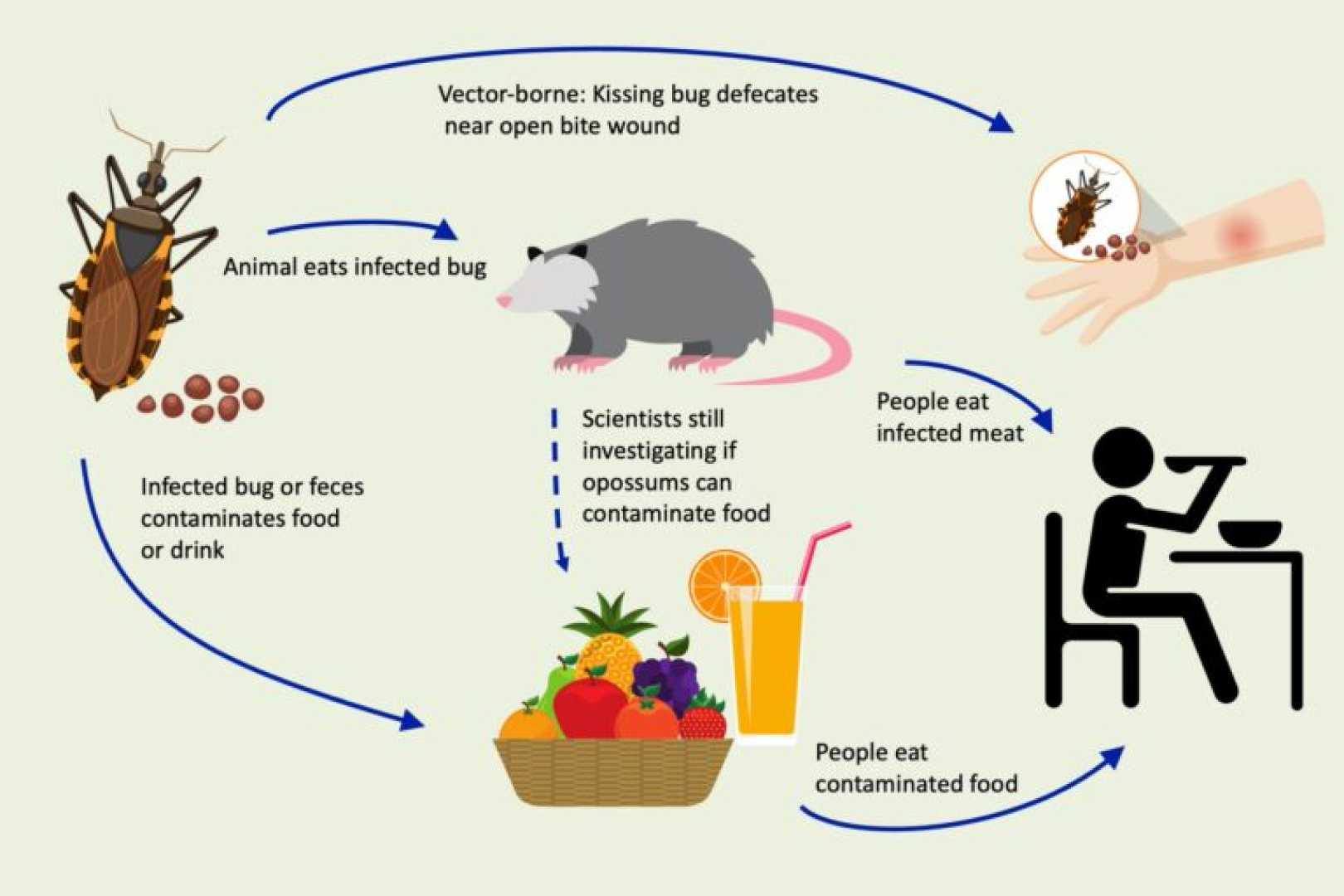Health
Chagas Disease Emerges as Public Health Concern in the U.S.

LOS ANGELES, California — Chagas disease, a parasitic illness transmitted by the kissing bug, is increasingly recognized as a public health threat in California and 29 other U.S. states. Researchers estimate that 70,000 to 100,000 people in California may be infected, often without knowing it. The disease, caused by the parasite Trypanosoma cruzi, can lead to severe heart issues years after initial infection.
Chagas disease is a significant cause of mortality in Latin America, outpacing malaria. The Centers for Disease Control and Prevention (CDC) and the World Health Organization (WHO) are being urged to classify it as endemic in the U.S. This could pave the way for increased funding and awareness. ‘This is a disease that has been neglected and has been impacting Latin Americans for many decades,’ said Norman Beatty, a medical epidemiologist at the University of Florida.
Evidence of the disease’s presence is growing, particularly in urban areas like Los Angeles‘ Griffith Park, where nearly one-third of kissing bugs carry the parasite. Cardiologist Salvador Hernandez noted a recent case of a boy from Hollywood Hills who contracted Chagas without leaving the country, highlighting local transmission. ‘Kissing bugs are pretty equal opportunity when it comes to who they take a blood meal from,’ said epidemiologist Sarah Hamer.
The majority of confirmed Chagas cases from 2013 to 2023 were attributed to infections acquired internationally; however, health officials cannot rule out local cases. California’s Department of Public Health reported 180 cases in Los Angeles County during this time, an alarming increase from previous figures.
‘The disease is definitely underdiagnosed,’ Hernandez said, emphasizing the need for routine screening. Many learn of their infection only when attempting to donate blood. Janeice Smith, a retired teacher, discovered her infection decades after traveling to Mexico when she tested positive during a blood donation.
While the acute symptoms of Chagas may include swollen limbs and fever, many remain undetected until serious chronic health issues develop. Health professionals warn that missed diagnoses can lead to costly treatments and even transplants.
If left untreated, Chagas can be devastating. Antiparasitic medications are effective in preventing disease progression. Chagas is also reported in pets, particularly dogs that ingest kissing bugs.
Experts are advocating for a shift in public health policy, arguing that recognizing Chagas as endemic could facilitate better awareness and screening initiatives. Gabriel Hamer points out that, ‘The reality is the vectors are here, the parasite is here, and infections do occur.’ Understanding the full scope of Chagas disease in the U.S. is crucial to protect both human and animal health.












